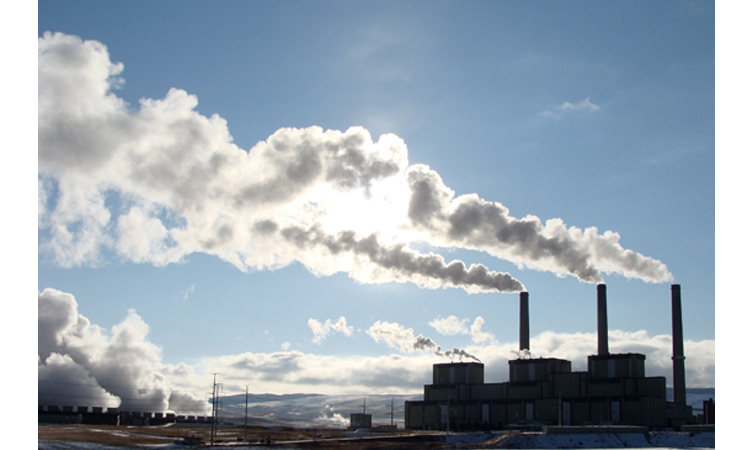News Flash
News Flash

BRUSSELS, Belgium, March 27, 2025 (BSS/AFP) - A delay in setting new emission
reduction targets has raised concerns that the EU has put its ambitious
climate agenda on the back burner, bowing to political headwinds.
A proposal to cut Europe's planet warming emissions by 90 percent by 2040
will not be on the table as environment ministers from the bloc's 27
countries meet in Brussels on Thursday.
The European Commission had indicated it wanted to make the plan official in
the first quarter of the year but it has so far failed to do so -- to the
worry of green groups and lawmakers.
"Climate was central five years ago. Right now, it's clearly not," lamented
an EU official.
The 90 percent reduction in net greenhouse gas emissions relative to 1990 is
considered a stepping stone towards the EU's broader goal to reach climate
neutrality by 2050.
The latter is at the heart of the European Green Deal, a landmark package of
measures that defined commission chief Ursula von der Leyen's first term in
office but has since come increasingly under fire.
Right and hard-right gains across Europe and the return of Donald Trump to
the White House have focused Brussels' attention on defence and
competitiveness -- which critics of climate action say is hindered by green
rules.
"The failure to publish" the new targets "sends a clear and troubling message
about the EU's commitment to the green transition," said Dario Tamburrano, an
EU lawmaker with the Left group.
The commission said the 2040 targets would be finalised as soon as possible,
adding the "EU's actions and intentions" were "clear" with a "framework to
become a decarbonised economy by 2050" already in place.
"We will continue to be a leading voice for international climate action," it
said.
Yet, it has already fallen behind in its international commitments.
It missed a February UN deadline to submit new carbon emissions targets for
2035 under the Paris Agreement. Most nations also failed to get their plans
together in time.
- 'Under attack' -
Environmentalists see the EU's dithering as particularly worrying at a time
where many look to it for leadership after President Donald Trump ordered the
United States to withdraw from the Paris accord.
"It raises unnecessary concerns internationally on the EU's commitments to
climate cooperation," said Linda Kalcher, director of Strategic Perspectives,
a think tank.
Other big emitters could now "use the EU as an excuse to also be late" and
there was a risk some would go ahead and publish lower goals than they would
have, had the EU already set the bar high, she added.
Disagreements among member countries and the commission are said to be behind
the slow pace of progress.
"There is a lack of political will," said Caroline Francois-Marsal of the
Climate Action Network, an advocacy group.
Italy's Environment Minister Gilberto Pichetto Fratin said this month the
commission should consider lowering the target to 80 or 85 percent, arguing
these were also in line with the net-zero 2050 ambition.
A higher goal risked forcing countries to take "overly aggressive measures"
with uncertain outcomes, tying them to "technologies that are not yet
mature".
The Czech Republic, home to a power-hungry heavy industry, considers the 90
percent goal impossible to achieve.
Observers say Poland, which holds the EU's rotating presidency, would like
the debate to play out after its own presidential elections in May, and
France has said Brussels should refrain from setting targets without
detailing how to meet them.
"We want a target that is constructed in the most credible way possible,"
said French Ecological Transition Minister Agnes Pannier-Runacher.
"Climate policies are under attack from all sides," concluded Michael Bloss,
a German EU lawmaker with the Greens.